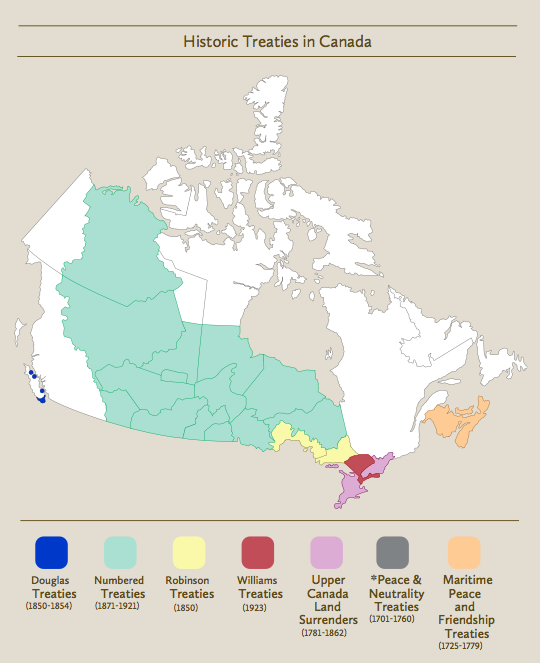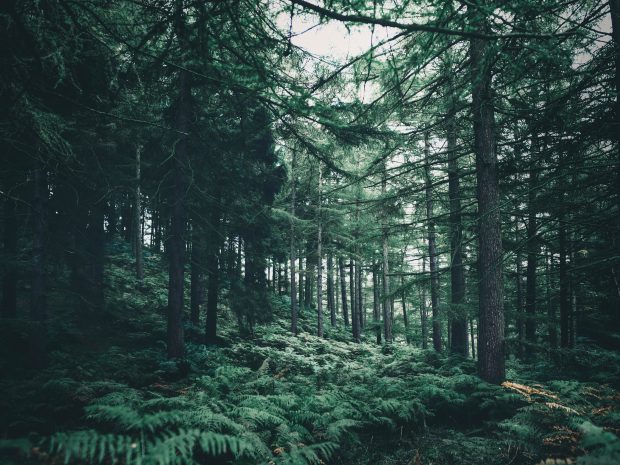As I complete my Land Acknowledgment project that I will be implementing in my classes in the fall, I have been reflecting on the importance of input from the Elders within my school district. This will be an essential step to take before publishing the project in my online classes to ensure that the writing I have completed is respectful and appropriate to our area.
For reference on proper protocol when working with Elders, Ramona Big Head wrote a guide for the Alberta Learning – Walking Together Program called Elder Wisdom in the Classroom. It explains what an Elder is and the guidelines for inviting an Elder into your classroom.
” The Elders of our time are the heart of cultural existence. A sad reality is that our Elders will not be with us forever. However, inviting and having Elders share their knowledge is one way of ensuring that their stories, songs, teachings and wisdom are kept alive for many generations to come. ”
– Ramona Big Head
Big Head, Ramona. (2011). Elder Wisdom in the Classroom. [PDF]. Alberta Learning. https://www.learnalberta.ca/content/aswt/Elders/documents/elder_wisdom_in_classroom.pdf

